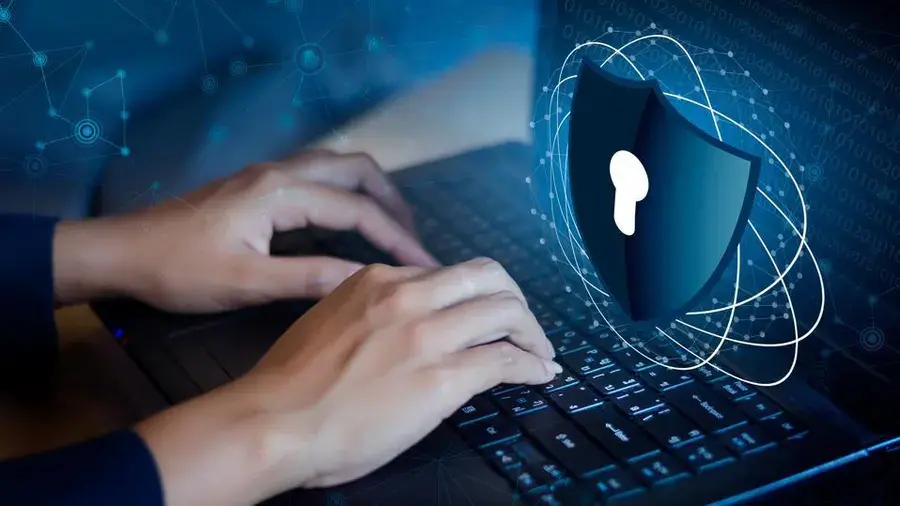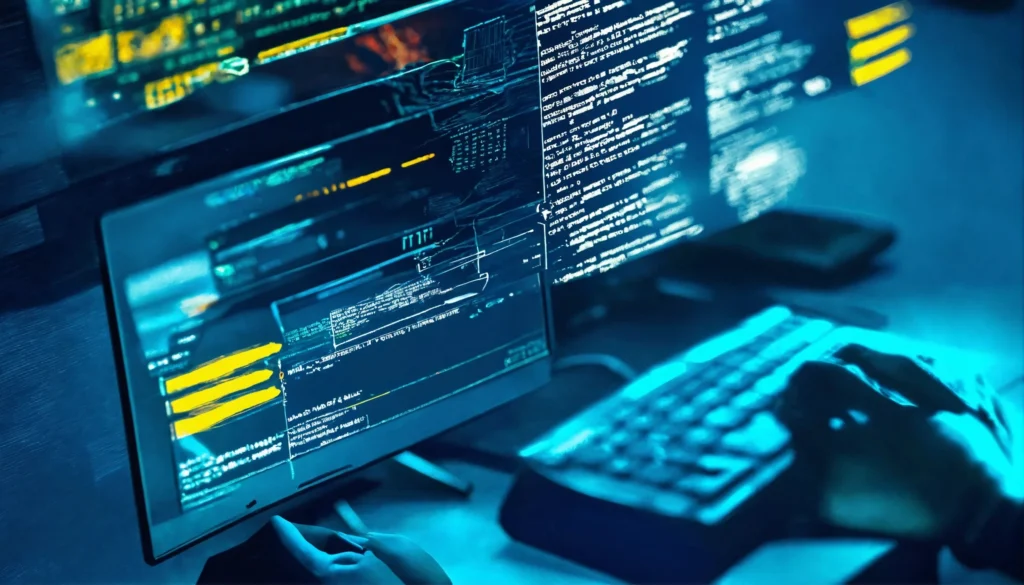
In an increasingly digital world, where information is readily available online, the concept of background checks has evolved significantly. Cyber background checks have become essential for employers, organizations, and individuals looking to verify someone’s history, integrity, and suitability for specific roles. This guide will delve into the essentials of cyber background checks, including their components, legal implications, best practices, and additional insights.
What is a Cyber Background Check?
A cyber background check involves examining a person’s online presence, digital footprint, and various electronic records to evaluate their reliability. Unlike traditional background checks that may focus solely on criminal records and employment history, cyber checks incorporate a broader range of information, including social media profiles, online reviews, and more.
Why Are Cyber Background Checks Important?
In 2024, the significance of cyber background checks has only grown. With the rise of remote work, online interactions, and digital networking, organizations must ensure that their candidates are trustworthy. According to a 2023 survey by the Society for Human Resource Management (SHRM), 75% of employers conduct background checks as part of their hiring process, underscoring the necessity of these digital evaluations.
The Evolution of Background Checks

From Traditional to Digital
Traditionally, background checks involved manual processes, such as calling former employers or accessing physical records at local courthouses. Nonetheless, the digital age has fundamentally transformed these practices. The ability to access a wealth of information online has expedited the process, making it quicker and often more comprehensive.
Key Statistics
- 85% of employers reported using some form of background checks in 2023, up from 70% in 2020.
- Over 60% of hiring managers have encountered candidates with discrepancies between their resumes and their online profiles.
Components of a Cyber Background Check
A thorough cyber background check consists of several critical components:
Personal Identification Verification
This step involves confirming the candidate’s identity through various online sources, including social media accounts and professional networking sites like LinkedIn. It’s essential for validating the information provided by the individual.
Criminal History
Accessing criminal records is vital for determining if a candidate has any past legal issues. Many databases, both public and private, can be accessed to retrieve this information. It’s important to note that different states have varying regulations regarding what can be disclosed.
Employment History Verification
This component ensures that candidates have accurately represented their past employment. By cross-referencing information on LinkedIn and other professional platforms, employers can verify job titles, dates of employment, and other relevant details.
Financial Background
Financial checks, including credit reports, help employers assess a candidate’s financial responsibility, especially for positions that involve financial handling or sensitive information.
Online Behavior and Reputation
In 2024, an individual’s online reputation can significantly impact their professional opportunities. Cyber background checks often include reviews from previous employers, social media behavior, and general online presence. A positive digital footprint can enhance a candidate’s desirability, while negative content can raise red flags.
For more interesting blogs, visit our site: https://futuretrendz.co.uk/
Legal and Ethical Considerations
Compliance with FCRA and GDPR
Employers must comply with the Fair Credit Reporting Act (FCRA) in the U.S., which mandates that they obtain written consent from candidates before conducting background checks. Similarly, the General Data Protection Regulation (GDPR) applies to organizations operating in or with European citizens, requiring transparency and consent in data collection processes.
Privacy Concerns
The balance between thorough background checks and individual privacy rights is delicate. Employers must ensure that they do not infringe upon personal privacy while still gathering necessary information. Instances of overreach have resulted in legal challenges, underscoring the importance of ethical practices in conducting background checks.
Ethical Use of Information
Organizations must utilize the information gathered from cyber background checks responsibly. Improper use of data can result in serious consequences, such as legal action and harm to an organization’s reputation.
Technology and Tools in Cyber Background Checks

Software and Platforms
Numerous tools and software are available for conducting cyber background checks. Popular platforms include:
- Checkr
- GoodHire
- HireRight
These platforms often provide various services, from criminal record checks to employment verification, making the process seamless for employers.
Artificial Intelligence and Machine Learning
In 2024, the use of AI and machine learning has transformed background checks. These technologies enhance accuracy by analyzing vast amounts of data quickly, helping identify potential risks and streamline the hiring process.
Data Sources
Employers have access to a variety of data sources, including public records, private databases, and social media platforms. Understanding the reliability and limitations of each source is critical for effective background checks.
Best Practices for Conducting Cyber Background Checks
Creating a Structured Process
Establishing a clear and structured process for conducting cyber background checks is vital. Organizations should outline specific steps and tools to be used, ensuring consistency and compliance with legal requirements.
Ensuring Accuracy and Reliability
To ensure accuracy, employers should verify information by consulting multiple sources. Relying on one database can lead to misinformation, so a thorough verification process is essential.
Keeping Up with Trends and Changes
The landscape of cyber background checks is constantly evolving. Organizations should stay informed about new laws, technological advancements, and emerging trends to adapt their practices accordingly.
For more interesting blogs, visit our site: https://futuretrendz.co.uk/
Case Studies and Real-World Applications

Success Stories
Many companies have effectively integrated cyber background checks into their hiring processes, leading to improved hiring outcomes and reduced turnover rates. For instance, a large tech firm reported a 30% decrease in employee turnover after implementing a comprehensive cyber background check strategy.
Lessons Learned from Failures
Conversely, several high-profile cases have demonstrated the consequences of inadequate background checks. For example, a prominent retail chain faced backlash and financial loss after hiring an individual with a criminal history that went unchecked.
FAQs
1. What is included in a cyber background check?
A cyber background check typically includes personal identification verification, criminal history, employment history, financial background, and online behavior.
2. How do employers ensure compliance with background check laws?
Employers must obtain written consent from candidates and follow regulations outlined in laws like the Fair Credit Reporting Act (FCRA) and GDPR.
3. Can I dispute information found in a background check?
Yes, individuals have the right to dispute any inaccuracies found in a background check report.
4. How has technology impacted cyber background checks?
Technology, particularly AI and machine learning, has enhanced the speed and accuracy of background checks, allowing employers to analyze vast amounts of data quickly.
5. Are cyber background checks necessary for all jobs?
While not mandatory for every position, cyber background checks are increasingly important for roles involving sensitive information, financial responsibilities, or public interaction.
Conclusion
As we navigate the complexities of the digital age, cyber background checks have emerged as a crucial component of the hiring process. Organizations that adopt thorough and ethical practices will not only enhance their hiring accuracy but also protect their reputation and create a safer workplace.
Learn more about emerging trends at Future Trendz.







